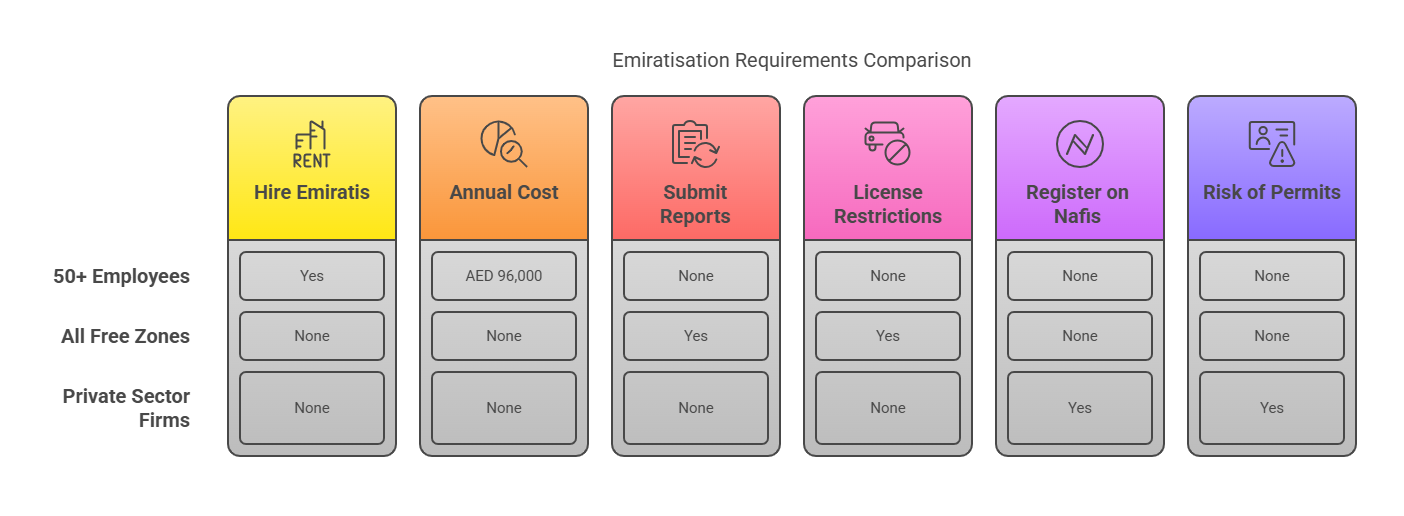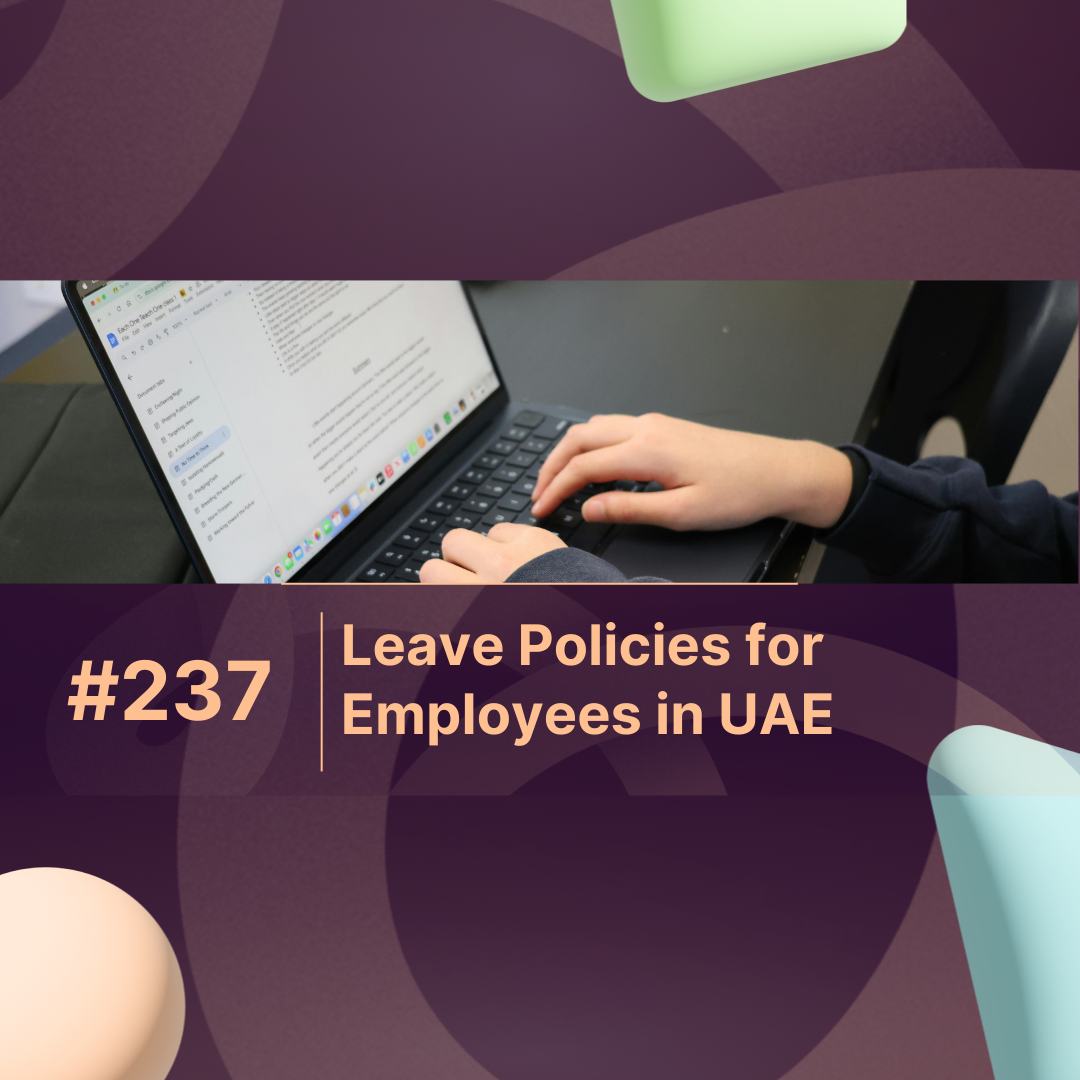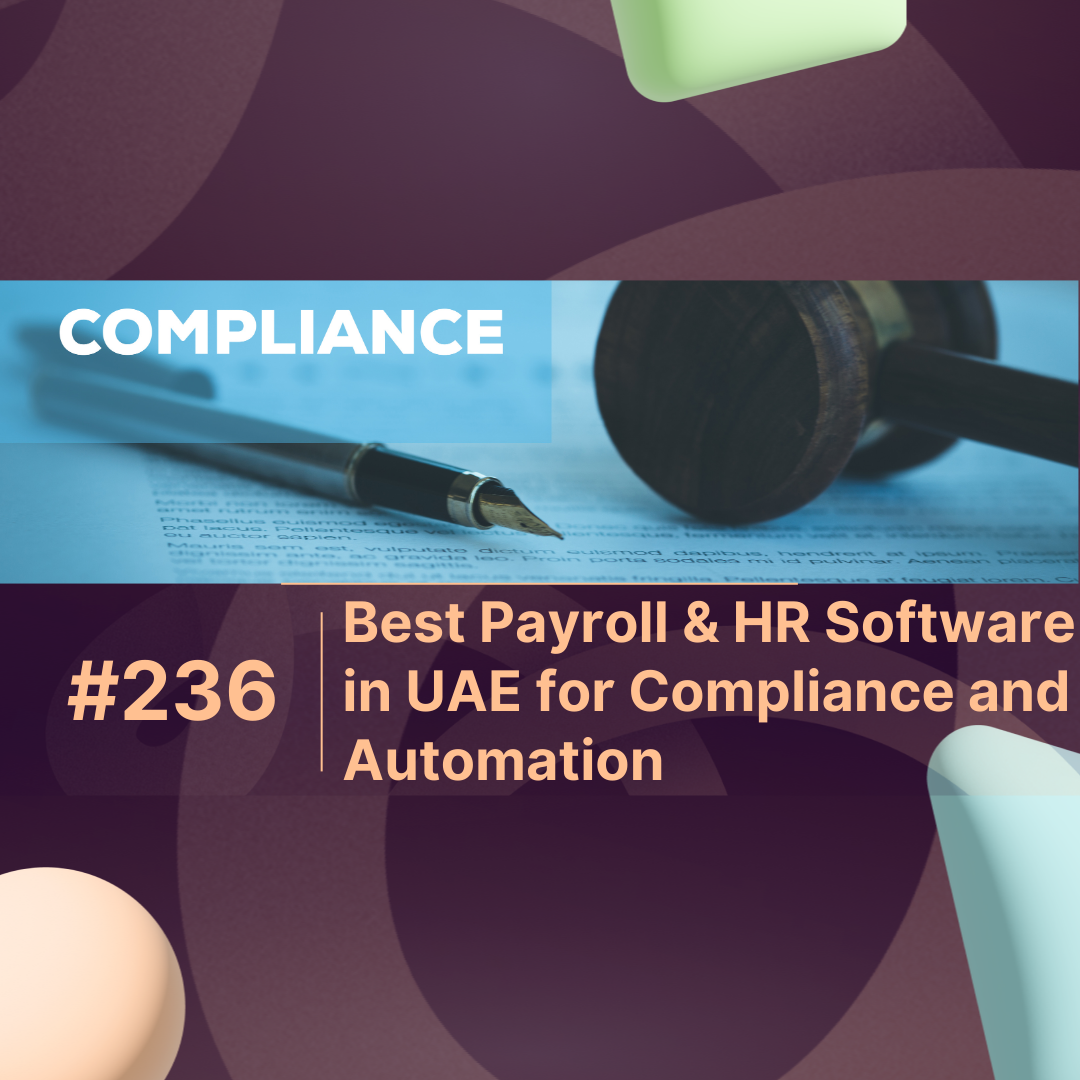Overview
In today’s evolving job market, businesses operating in the UAE must understand the significance of Emiratisation — a national policy that shapes hiring practices and workforce planning. As the UAE continues to promote the participation of its citizens in the private sector, “What is Emiratisation?” has become a frequent question among employers and HR professionals.
This guide will provide everything you need to know about Emiratisation: its purpose, benefits, legal requirements, and strategies to implement it successfully within your organization.
What Is Emiratisation?
Emiratisation is a strategic initiative by the UAE government aimed at increasing the employment of UAE nationals in both public and private sectors. Introduced in the early 2000s and now heavily reinforced through government mandates, Emiratisation encourages companies to hire and retain local talent by offering incentives and imposing penalties for non-compliance.
The key goal is to empower Emiratis with career opportunities while reducing dependency on foreign labor, especially in vital sectors such as finance, technology, and manufacturing.
Why Is Emiratisation Important?
The UAE has a unique demographic structure, with expatriates making up over 88% of the total population. Emiratisation seeks to rebalance this by ensuring that Emirati citizens play a more active role in the national economy.
Key Objectives:
-
Increase Emirati representation in private companies.
-
Boost local talent development through training and internships.
-
Promote economic sustainability and national identity.
-
Support long-term employment goals under UAE Vision 2031.
Emiratisation Legal Requirements for Employers
Since 2022, the UAE has introduced stricter guidelines for companies regarding Emiratisation quotas. As per the Ministry of Human Resources and Emiratisation (MOHRE):
| Company Size | Emiratisation Requirement (as of 2025) | Penalty for Non-Compliance |
|---|---|---|
| 50+ Employees | Hire 1 Emirati for every 50 skilled workers | AED 96,000 annually per gap |
| All Free Zones | Must submit annual Emiratisation reports | Subject to license restrictions |
| Private Sector Firms | Must register on Nafis platform | Risk losing work permits |
Note: Targets and penalties are expected to increase annually by AED 2,000 per unmet position until 2026.

Benefits of Emiratisation for Employers
Implementing an Emiratisation strategy doesn’t just fulfill legal obligations — it offers tangible business benefits:
✅ Government Incentives
Firms that meet or exceed quotas may receive financial support, training subsidies, and public recognition under the Nafis program.
✅ Improved Employer Branding
Hiring UAE nationals enhances a company’s image, especially among local consumers and stakeholders who value national participation.
✅ Access to Local Expertise
Emirati employees offer cultural insight and better understanding of regional market dynamics, enabling stronger relationships with local clients and authorities.
Challenges of Emiratisation — and How to Overcome Them
Some companies express concerns over:
-
Limited experience among fresh graduates.
-
Higher expected salary ranges.
-
Retention and engagement challenges.
Solutions:
-
Offer structured internship and training programs.
-
Leverage government support through Nafis.
-
Use Cloud-based HRMS tools to track compliance, automate reporting, and plan for long-term hiring strategies.
Best Practices to Implement Emiratisation Successfully
-
Audit your workforce to understand where Emirati hires can be placed.
-
Register on Nafis and stay updated on policy changes.
-
Offer career development plans and mentorship for Emirati hires.
-
Use data analytics to monitor diversity KPIs and quota fulfillment.
Conclusion
So, what is Emiratisation? It’s more than just a government policy it’s a strategic business decision. Employers in the UAE have a critical role in building a resilient national workforce while also unlocking benefits from the government and strengthening their reputation.
By understanding your obligations and planning proactively, Emiratisation can become a key part of your company’s growth and success in the UAE market.
FAQs
1. What companies are required to comply with Emiratisation?
All UAE private sector companies with 50 or more employees must comply, including free zone entities (depending on specific authority guidelines).
2. How do I register my company for Emiratisation programs?
You can register through the Nafis platform, which manages Emirati job placement and employer support.
3. What happens if I don’t meet my Emiratisation targets?
Non-compliant businesses face financial penalties starting from AED 96,000 per year per vacancy, increasing each year until 2026.
4. Can startups benefit from Emiratisation?
Yes. Many startups are eligible for incentives if they hire UAE nationals and contribute to talent development.
5. How can I automate Emiratisation tracking and reporting?
Adopt a cloud-based HRMS that integrates compliance reporting, recruitment metrics, and quota tracking in real time. what is Emiratisation



